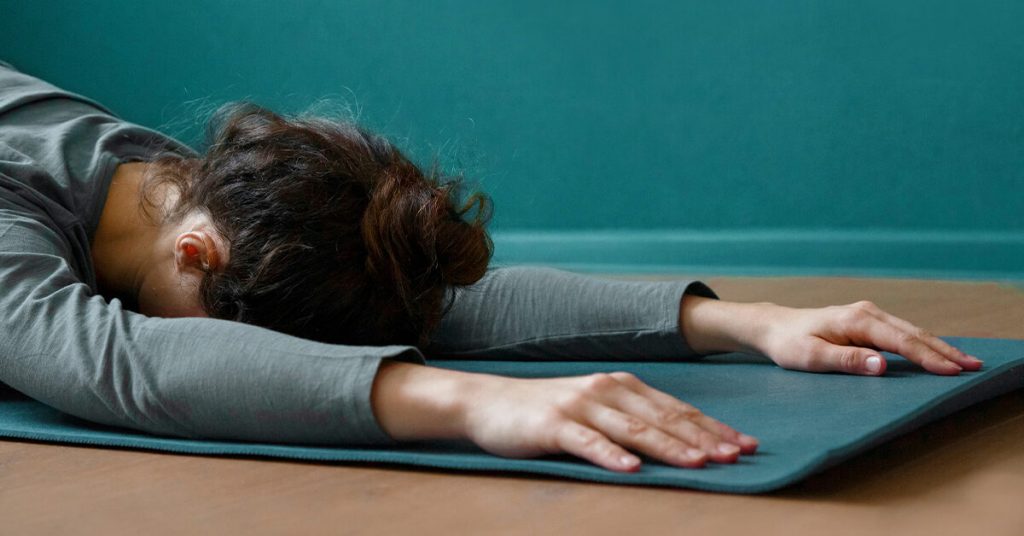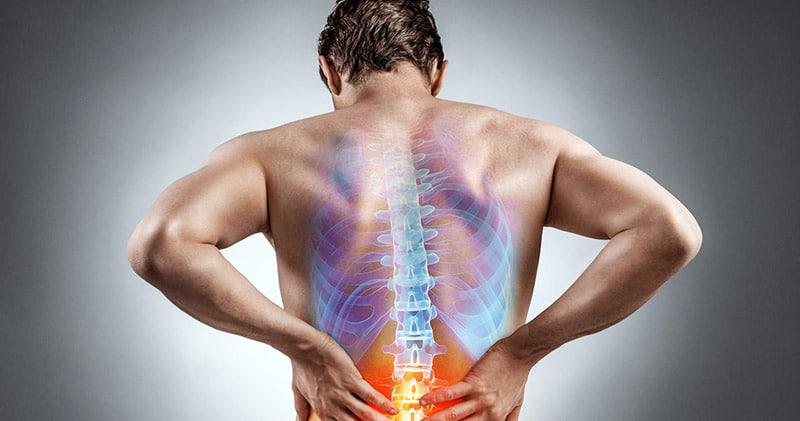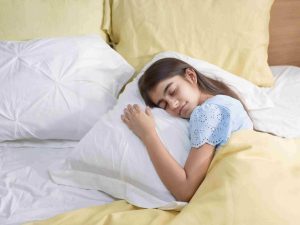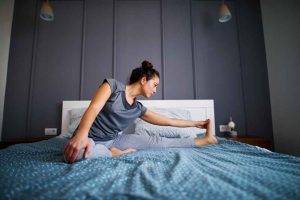
How Can Stiff and Tight Muscles Result In Back Pain
Oh, the agony of a tight muscle; it’s time to get the percussion massager out for those tight back muscles! Stressing your muscles causes them to become tight and painful for several days after you have overdone the work that injured your back.
How Can Stiff and Tight Muscles Result In Back Pain
How are you supposed to sit up, walk, or even continue working out when your muscles are so tense that you can’t move without excruciating pain? Percussion massagers, warm compresses, and anti-inflammatory medications can all help to break up the pain bands. Prevention, on the other hand, is priceless.
What Happens When You Stretch Out Tight Muscles?
Finding yourself in a situation where your back muscles are overly tight can be one of the most unpleasant experiences you can have. So, what happens when the muscles truly relax?

The lactic acid level and inflammation must be reduced in order for them to loosen. The muscle then relaxes, relieving pain and soreness. It is critical to continue hydrating to keep the acid levels stable.
Rest is critical at this point. Allow your muscles to recover from the ordeal and gradually work your way back up to avoid muscle damage. However, bed rest is not the answer; in fact, it can be harmful.
What Is The Source Of Back Stiffness?
Many factors can contribute to muscle stiffness, particularly back stiffness. Among these are (but are not limited to):
- Workouts that are strenuous
- Insufficient stretching
- Dehydration
- Mental anguish
- Incorrect lifting techniques
- Unexpected harm (think car accident)
How Long Does It Take For A Stiff Back To Go Away?
The intensity of pain varies depending on the injury and the individual. Two people are now experiencing pain in the same way. The duration of back pain will also be determined by the cause of the pain.
Stress-related pain, which usually occurs in the upper back, neck, and shoulders, usually goes away quickly. Stress reduction, relaxation techniques, anti-inflammatory medications, and even a nap can help reduce and relieve pain.
Injury and workout-related pain can be more difficult to eliminate. A doctor should be consulted if you experience sudden sharp pains that do not subside after three to four days of complete rest. Most severe pain will begin to fade after three days and will remain sore and painful for several days to weeks after that.
What Is The Quickest Way To Get Rid Of Back Pain?
The steps to relieving back pain differ depending on who you ask. In most cases, hydration, exercise, and breathing routines can alleviate stress pain. Other types of back pain, on the other hand, may necessitate the following steps to alleviate the discomfort:
- Cardio, yoga, and stretching are examples of light exercise.
- Alternate hot and cold compresses for 15 minutes at a time, 15 minutes apart.
- Stretching with intent
- Examine your shoes; they could be the source of the problem.
- Sedentary behavior should be reduced by getting up from the couch, desk, or chair at least once every hour.
- Better sleep—muscles need to heal while you sleep. Not getting enough can lead to more pain.
- Increase your water intake- if you work out, the 8×8 water intake is insufficient.
Back pain can be your body’s way of telling you that it requires something (more movement, more water, less stress). Or the inverse could be true. To determine why your pain is persistent, consider when it began and then implement the appropriate pain-reduction technique.
Are Percussion Massagers Important For Tight Muscles?
Massage is one of the most effective ways to loosen tight muscles. Individuals can reach tight muscles with percussion massagers and use the massage technique to break up the lactic acid for easier disposal. Using a percussion massager after a workout can actually prevent acid buildup and reduce soreness and pain.
Add a percussion massager to your pain relief kit to take an active role in your own back pain recovery. VYBE offers a variety of percussion massager guns that can help to reduce or eliminate pain. Select from their Flex, Pro, Premium, or V2 guns to find the best fit for your pain!
Five Common Causes Of How Can Stiff and Tight Muscles Result In Back Pain
1 Arthritis
Arthritis is a group of degenerative diseases characterized by chronic inflammation of joints, which can lead to significant structural damage and local pain. Osteoarthritis, degenerative arthritis, and rheumatoid arthritis are all types of arthritis that occur as a result of an auto-immune system malfunction. Inflammation caused by spinal arthritis frequently causes stiffness and pain in the back muscles.
2 Acute Injuries
Severe trauma to the back from an incident such as a car accident or sports injury can also cause back muscle tightness. This is especially true when the damage is severe enough to cause a muscle strain or sprain, as these injuries cause inflammation and swelling, which frequently leads to or coincides with muscle tightness
3 Fibromyalgia
Fibromyalgia is a condition characterized by widespread pain at multiple sensitive points, as well as stiffness or tightness in related muscles, including the back. It can also cause fatigue and sleep problems. There is still a lot of mystery surrounding the cause and nature of fibromyalgia. Some studies have linked fibromyalgia to changes in neurological activity, prompting many doctors to label it as a neurological disorder.
4 Contractions of the Muscle Sheath
The thoracolumbar fascia (TLF) is the scientific name for a muscle sheath that encircles the spine, providing flexibility and extra support. Excessive TLF contractions, according to research, may cause back stiffness and pain, a condition known as “frozen lumbers”
There are numerous other factors that can contribute to back pain. Dehydration, for example, has been shown in studies to cause excessive muscle damage during strenuous exercise
5 Muscle exertion
Experience suggests that strenuous exercise, such as long distance running, can cause back stiffness and tightness. Strength-training activities such as lifting weights, particularly those that involve pulling or lifting, can also cause back tightness. However, research indicates that the activation of back muscles during lifting activities varies between individuals depending on biomechanics and technique, implying that how exercise affects the body varies from person to person. Push-ups, a common upper-body strength exercise, have also been shown to cause lower back tightness






